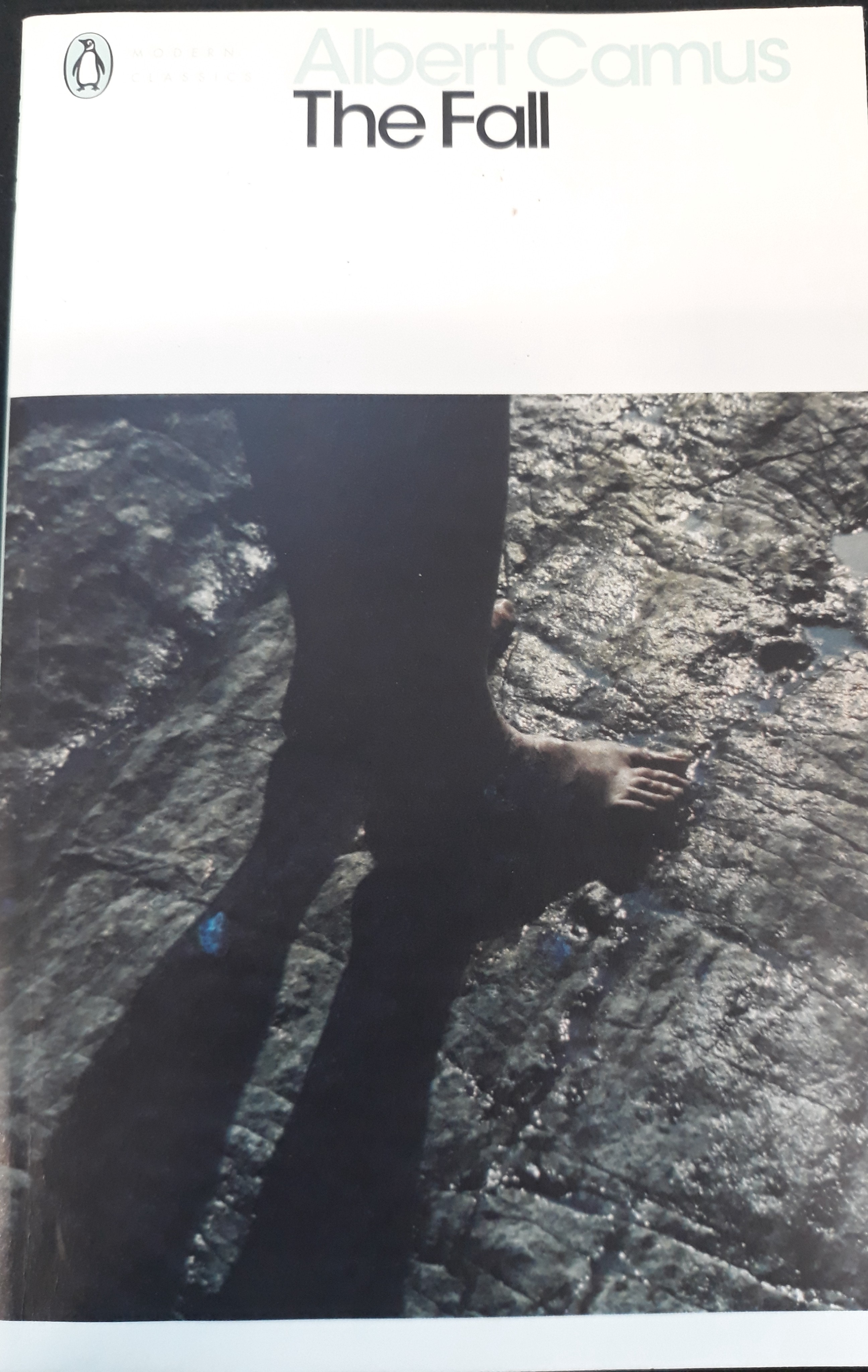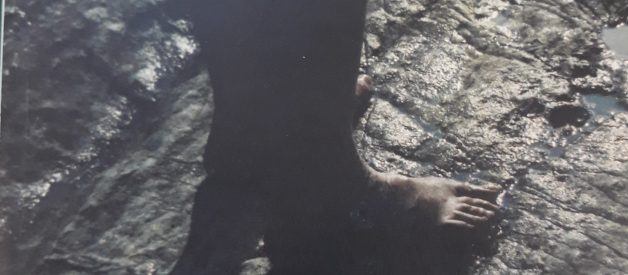
Albert Camus?s The Fall tells the story of Jean-Baptiste Clamance, a former Parisian lawyer staying in Amsterdam, who is very similar to the characters of Meursault in prior Camus novels, only he is on a nuclear scale.
Clamance bumps into someone in the bar one night, the reader and recounts his story.
First published in 1956 and totalling under 100 pages, Clamance has lived the high-life and tasted all sorts of physical pleasure but metaphysically it?s a different story. Feeling empty and full of self-loathing, Camus exhibits a man who has experienced so much but wants so much more.
Clamance tells of his courting of a young girl who rejected him, whom he discarded like rubbish after one night of passionate love-making because he just wasn?t interested anymore.
How, he would perform good deeds to show of to onlookers, how amazing he was for a period in the courtroom before giving it all up.
Clamance realises his whole life has been about power and honour and he simply refuses to live that way.
This spurns forward an emotional and intellectual crisis that leads him to spend many a drunken hour in Mexico City, a bar by the old Jewish Quarter before ?Hitlerian brethren spaced it out a bit?.
He is full of self-loathing and of some pity at the fate that has befallen him.
With the backdrop of the Second World War and a rapidly changing society, Clamance simply cannot keep up.
He has fallen from grace like mankind in the Garden of Eden, indeed part of his dramatic monologue focuses on religion ? which he only spoke about when he didn?t have a clue what was going on ? and of how even Jesus himself, in Clamance?s view was not without sin.
He notes how despite not willingly causing it ? the massacre of children in Judea came about through his existence. He posits perhaps that was why he was so willing to die on the cross. He was aware of how sin had been created through his existence.
Indeed, Camus wishes through his story to tell an almost secularised version of The Fall of Man. The decades preceding the setting of the book saw the collapse of much of Europe falling to the dictators, Clamance even spent time in a North African prison with a young Spaniard who has had issues with the Franco regime.
Indeed the name of the bar, Mexico City can be a reference to the fall of the Aztec Empire.
In Clamance?s mind, organised religion has fallen, the story being set in amongst the red-lights of A?dam perhaps being a reference to the final circle of Hell.
But, he, as a man, has fallen. The values he held dear did not give him what he wanted. He bemoans contributing to a society where nobody calls a friend to see ?if this is the morning you?ve decided to kill yourself? and he lives like a recluse, seemingly waiting for his existence to end.
He is full of guilt and wishes to confess and point out to others how they too have fallen. Modern man to Camus is not innocent and too many seem blinded by the pursuit of physical desires.
The way Camus tells the story and explores these issues is captivating, as Clamance talks away through the story of his life, you feel captivated on every word, wanting to now just how did he get to this point? Clamance?s narration is entertaining in its hyperbole and thought-provoking in the bluntness that juxtaposes it.
Camus was a master with the pen in his hand. A master of speaking directly into the inner human psyche and of exploring existentialism and the metaphysical self. The Fall is an example of the master at the top of his game. His old friend, Satre would refer to it as the most ?beautiful? of his novels. It?s hard to disagree.
Rating ? 5/5 Stars.
Next Book to Review: Ross Kemp Gangs II


